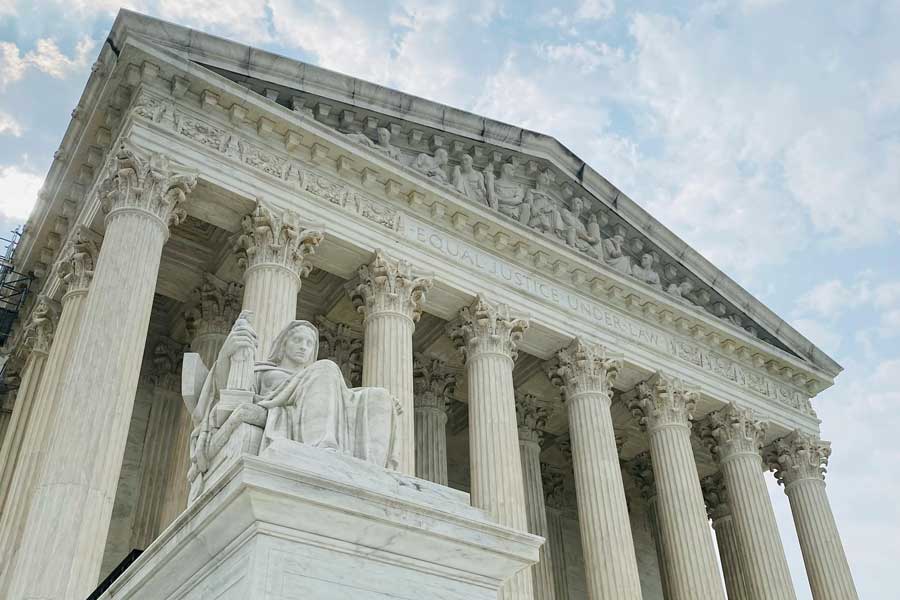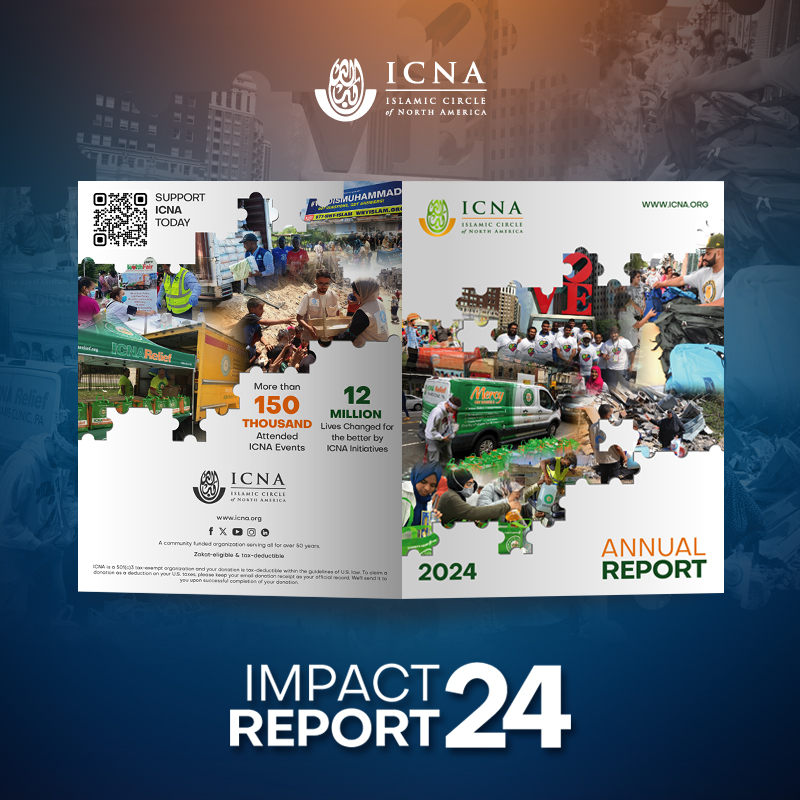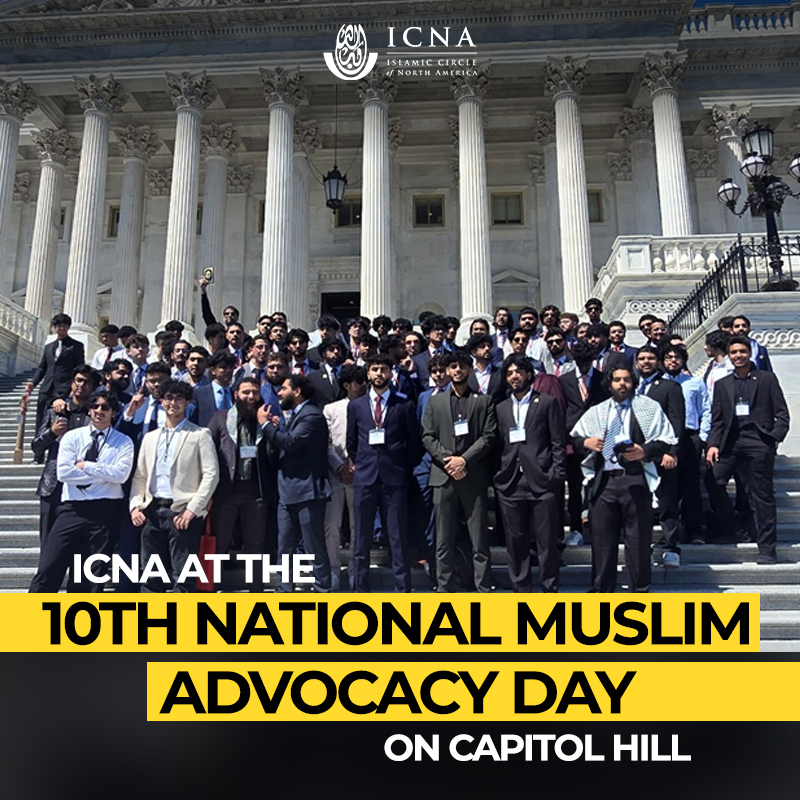
In the United States, the homeless crisis continues to worsen. While the U.S. sends billions of dollars to other nations for military purposes and other aid, millions of Americans face the risk of homelessness or are already homeless. Housing advocates, legislators, and even the president have all recognized that the housing supply is insufficient and that the number of people in need of assistance has reached unprecedented levels. In states such as California, Washington, and Oregon, the housing crisis is a constant concern, partly due to laws that limit the policing of the homeless. With limited action from local officials to move individuals off the streets, these states have historically been areas where those facing housing insecurity seek refuge.
However, this situation is changing. On June 28, 2024, the Supreme Court issued a ruling that negatively impacts the homeless. In the case of City of Grants Pass v. Johnson, the Court determined that laws related to camping on public property do not violate the Eighth Amendment. The case involved three ordinances enacted in Grants Pass, Oregon, a city with a population of 38,000 where an estimated 600 people were living on the streets. To address the homeless crisis, the city introduced ordinances that prohibited “sleeping on public sidewalks, streets, or alleys; camping on public property; and camping and overnight parking in city parks.” Violations of these ordinances result in escalating penalties that could ultimately result in criminal prosecution and jail time.
In a class action lawsuit, two unhoused plaintiffs challenged the city of Grants Pass in U.S. District Court, arguing that the ordinances violate the Eighth Amendment’s prohibition against cruel and unusual punishment. Their case referenced two important precedents:
- Robinson v. California (1962): This Supreme Court decision found that a California law criminalizing narcotics addiction violated the Eighth Amendment because it punished individuals for their “status” rather than their actions.
- Martin v. City of Boise (2019): This Ninth Circuit Court case, which relied on Robinson, ruled that a Boise ordinance prohibiting camping on city streets and public places constituted cruel and unusual punishment. The ruling emphasized that ordinances cannot penalize unhoused individuals for acts they are compelled to commit due to a lack of available shelter space.
Involuntarily Homeless
 In the Grants Pass suit, the plaintiffs argued that the lack of shelter openings made them “involuntarily” homeless, thereby forcing them to violate city ordinances due to the unavailability of shelter options. Although the District Court initially ruled in favor of the plaintiffs, ordering the city to cease enforcing the ordinances, the Supreme Court reversed this decision.
In the Grants Pass suit, the plaintiffs argued that the lack of shelter openings made them “involuntarily” homeless, thereby forcing them to violate city ordinances due to the unavailability of shelter options. Although the District Court initially ruled in favor of the plaintiffs, ordering the city to cease enforcing the ordinances, the Supreme Court reversed this decision.
The Supreme Court’s ruling was based on an interpretation of the Eighth Amendment’s “cruel and unusual punishment.” The Court found that the Eighth Amendment regulates the type of punishment a locality can impose but does not address whether certain actions should be punishable. The Court rejected the plaintiffs’ reliance on Robinson, stating that the Grants Pass ordinances did not punish individuals based on “mere status” but rather on their actions. They concluded that it does not matter whether an individual is homeless — the law applies to anyone found sleeping or camping in public places.
Furthermore, the Court determined that the penalties imposed by the Oregon ordinances, including fines and jail time, did not constitute punishment designed to cause “terror, pain, or disgrace,” which are prohibited by the Eighth Amendment. Fines and jail time are standard forms of punishment throughout the U.S. for various criminal offenses.
The Court also raised practical concerns, criticizing the Martin ruling as an “experiment” that was unworkable. They noted the challenges city officials would face in determining when someone is “involuntarily” homeless or has been denied shelter.
The Court’s Real-life Consequences
 The Supreme Court’s decision has significant real-life consequences. Going forward, localities considering laws aimed at curbing homelessness through police sweeps will face less judicial resistance. Housing advocates will have fewer opportunities to challenge such laws, as the decision now limits only the type of punishment rather than the circumstances. Essentially, the Court’s ruling allows those who become homeless due to economic and racial realities to be criminalized.
The Supreme Court’s decision has significant real-life consequences. Going forward, localities considering laws aimed at curbing homelessness through police sweeps will face less judicial resistance. Housing advocates will have fewer opportunities to challenge such laws, as the decision now limits only the type of punishment rather than the circumstances. Essentially, the Court’s ruling allows those who become homeless due to economic and racial realities to be criminalized.
As a housing attorney, I have observed that this decision is already causing harm. In California cities, sweeps have increased, and those forced to dismantle their tents often receive no compensation for their belongings that get discarded in the process. The most vulnerable members of our communities are disproportionately affected. As Muslims, we are called to support those in need through acts of charity, zakat, and sadaqah. It is crucial that we back local organizations with donations to increase housing and protection for those unable to secure shelter for themselves.





